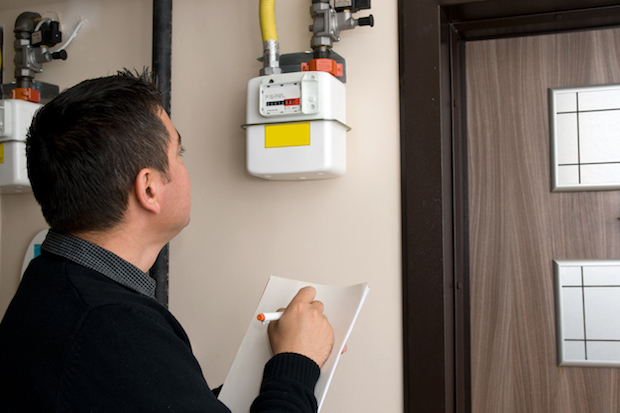The ‘smart meter revolution’ is well and truly upon us, thanks mainly to a government campaign urging us all to have one installed in our homes. The £11bn campaign requires all energy suppliers to offer households a smart meter – which, in theory, should allow people to see exactly how much energy their house is using, and send meter readings to your energy supplier automatically – by 2020, or risk facing fines.
With smart meters being offered for ‘free’ by energy suppliers, and the adverts sounding so appealing (after all, who wants to let ‘Gaz and Leccy’, as they’ve been coined in the publicity campaign, run wild in their home?), installing one might sound like a no-brainer.
Why, then, is the public not keener to take up the offer? Only around 6 million households have jumped on the smart meter bandwagon so far, despite the publicity campaigns and the lure of lower energy bills. Part of the problem stems from the fact that the initial smart meter rollout has not been particularly smooth, as well as negative publicity surrounding the new meters. While being able to track your energy consumption should, theoretically, enable people to cut down on the amount of energy used, the jury is still out on how much money they will actually save people. Estimates range from just ten pounds a year, to British Gas’s claim that customers who have made the change are saving around £30.
Other worries include the question of how safe the information that your smart meter generates will be, a BBC Watchdog investigation which linked poorly-installed smart meters to fires in people’s homes, and the fact that the meters often won’t work in areas where there is poor mobile phone reception.
As with anything, though, the introduction of new technology rarely comes about without a few hitches along the way. Initial problems where meters ‘froze’ if people tried to change energy supplier are, the government claims, being fixed, as are other technical glitches whereby meters have given wildly incorrect readings.
The fact of the matter is that we are all funding the cost of smart meter installations through increased energy bills anyway, whether we like it or not. Ofgem have warned that customers without smart meters might soon be ineligible for the cheapest energy tariffs, while Scottish Power told the Telegraph that in a few years it could prove both ‘difficult and expensive to replace or repair a faulty analogue meter.’ It sounds like as much as the general public might not be convinced about the benefits of smart meters, we are being pushed fairly firmly in their direction.
If smart-meters are the future – whether we like it or not – then Foresight Group’s investment fund ,which aims to finance £10 million worth of the smart meter rollout, is an interesting idea. There’s a choice of one, two, or three-year fixed term investments offering interest rates from 4.07 per cent up to 4.83 per cent. Given the current reputation of the meters though, is it worth taking a punt?







Comments